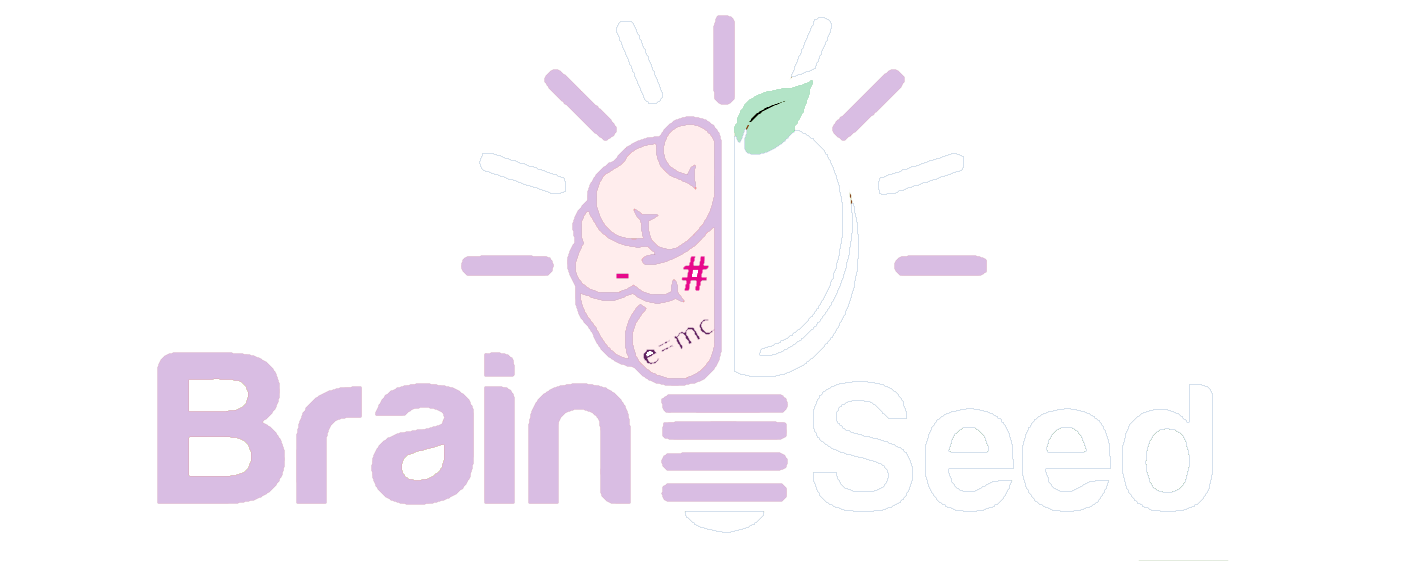Using drama to enhance language learning for primary school students
Elementary school is a crucial time for language learning, as it establishes the groundwork for future language capability. While conventional language learning techniques, such as reading and writing, are fundamental, they can often be dry and dull for young students. Drama is a dynamic and engaging tool that can be used to enhance language learning for elementary school students. In this article, we will discuss how drama can be used to improve language learning for grade school students.
Role-play
Role-play is a great method for involving drama in language learning for elementary school students. It involves students taking on different roles and acting out various situations, allowing them to practice using language in a fun and interactive way. Role-play activities can be adapted to suit any level, making them suitable for beginners to advanced students.
For example, students can be given a scenario where they are in a toy shop and must use language related to toys, such as “I want the red car” or “Can I have the teddy bear, please?” This activity helps students practice their listening and speaking skills in a realistic setting, while also promoting creativity and imagination.
Narration
Narration is another effective method for involving drama in language learning for elementary school students. It involves students creating their own stories and acting them out in front of the class. This activity promotes creativity and imagination, while also providing opportunities for students to practice their speaking and listening skills.
For example, students can be asked to create a story based on a given topic, such as “A day at the zoo.” They can practice using language related to the topic, such as “I saw a lion in the enclosure” or “The monkeys were swinging on the trees.” This activity helps students practice their vocabulary and grammar skills in a creative and engaging way.
Puppetry
Puppetry is a fun and interactive method for involving drama in language learning for elementary school students. It involves students creating and using puppets to act out different scenarios, allowing them to practice using language in a playful and imaginative way.
For example, students can be asked to create their own puppets and showcase a story using their puppets. They can practice using language related to the story, such as “The frog is hopping on the lily pad” or “The bird is flying overhead.” This activity helps students practice their speaking and listening skills, while also promoting creativity and imagination.
In conclusion, drama is an excellent tool that can be used to enhance language learning for elementary school students. Role-play, narration, and puppetry are just a few examples of how drama can be used to promote language learning in a fun and engaging way. By incorporating drama into language lessons, teachers can help their students develop a deeper understanding and interest in the language they are learning.







